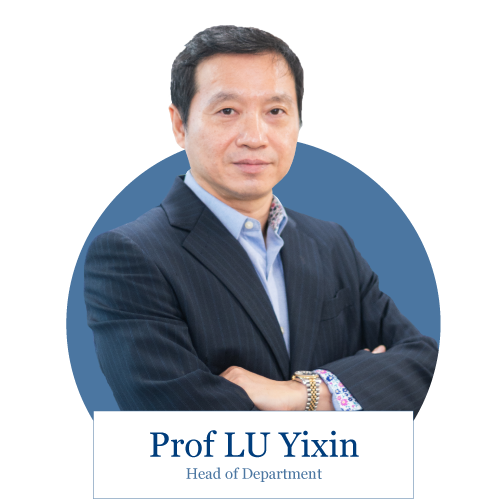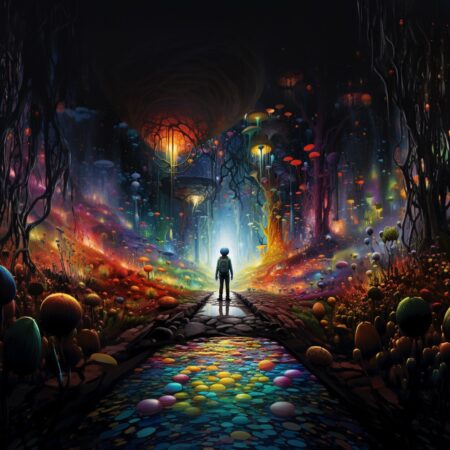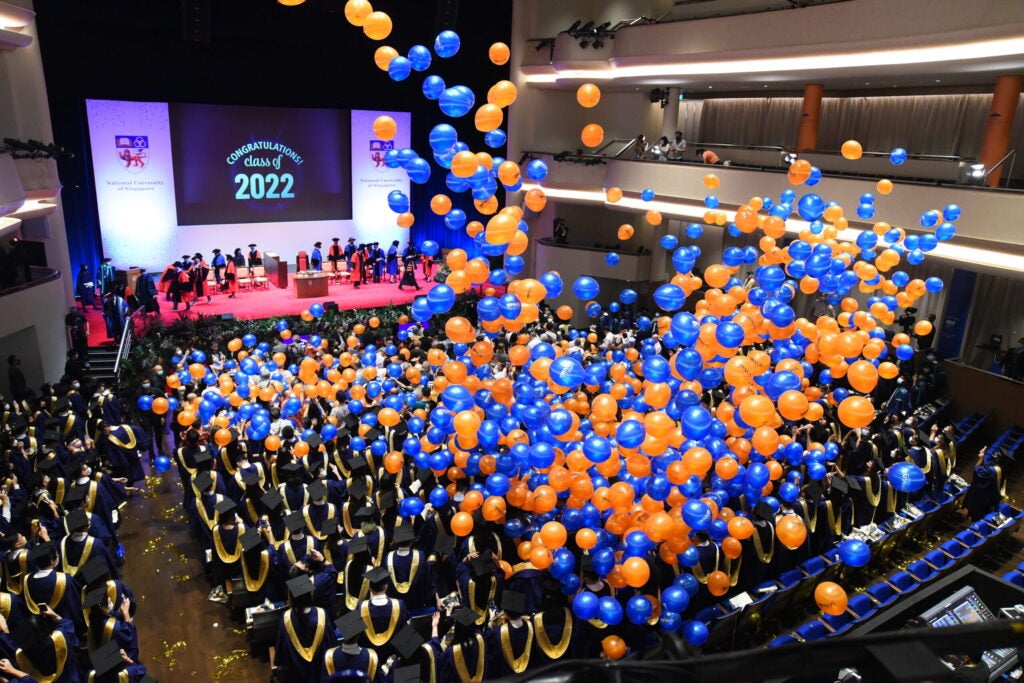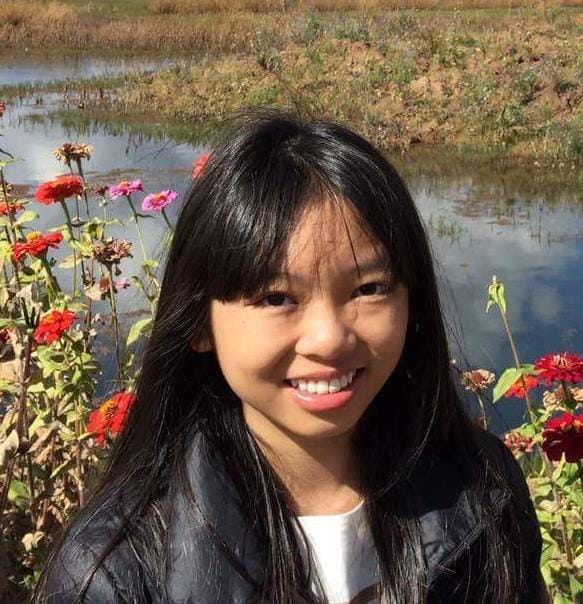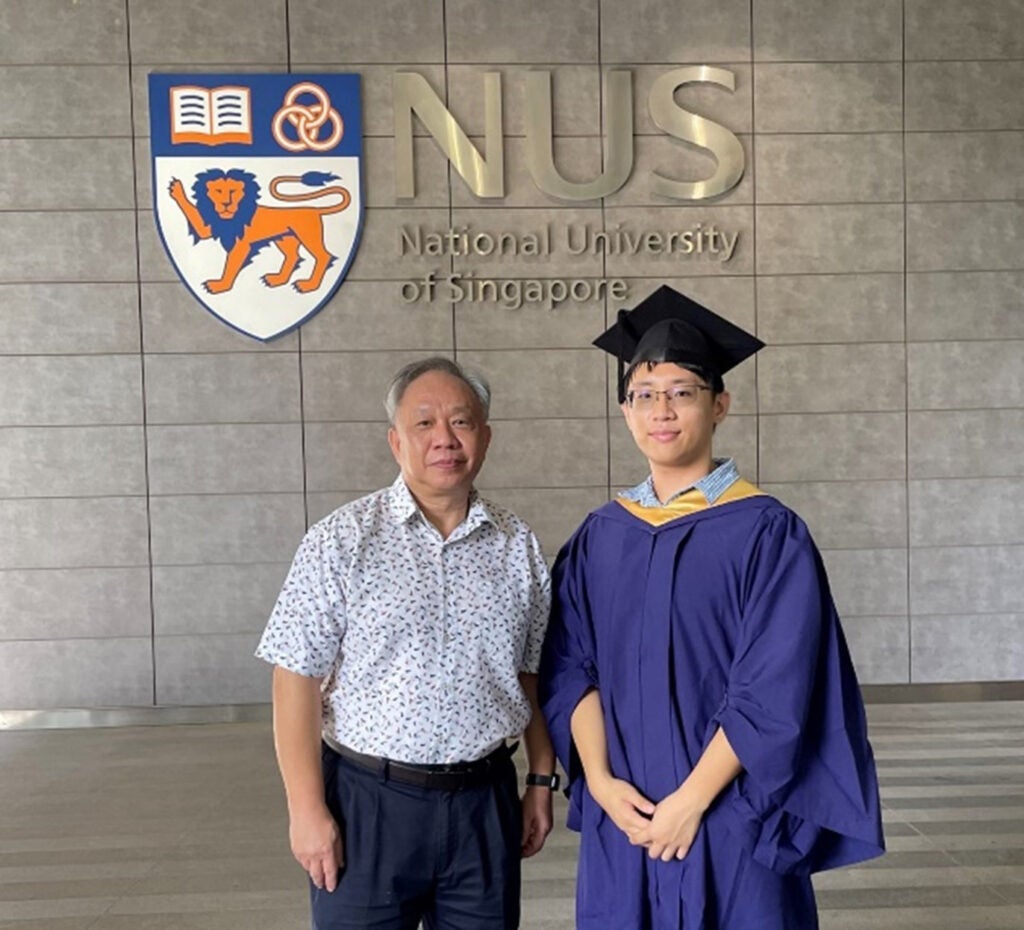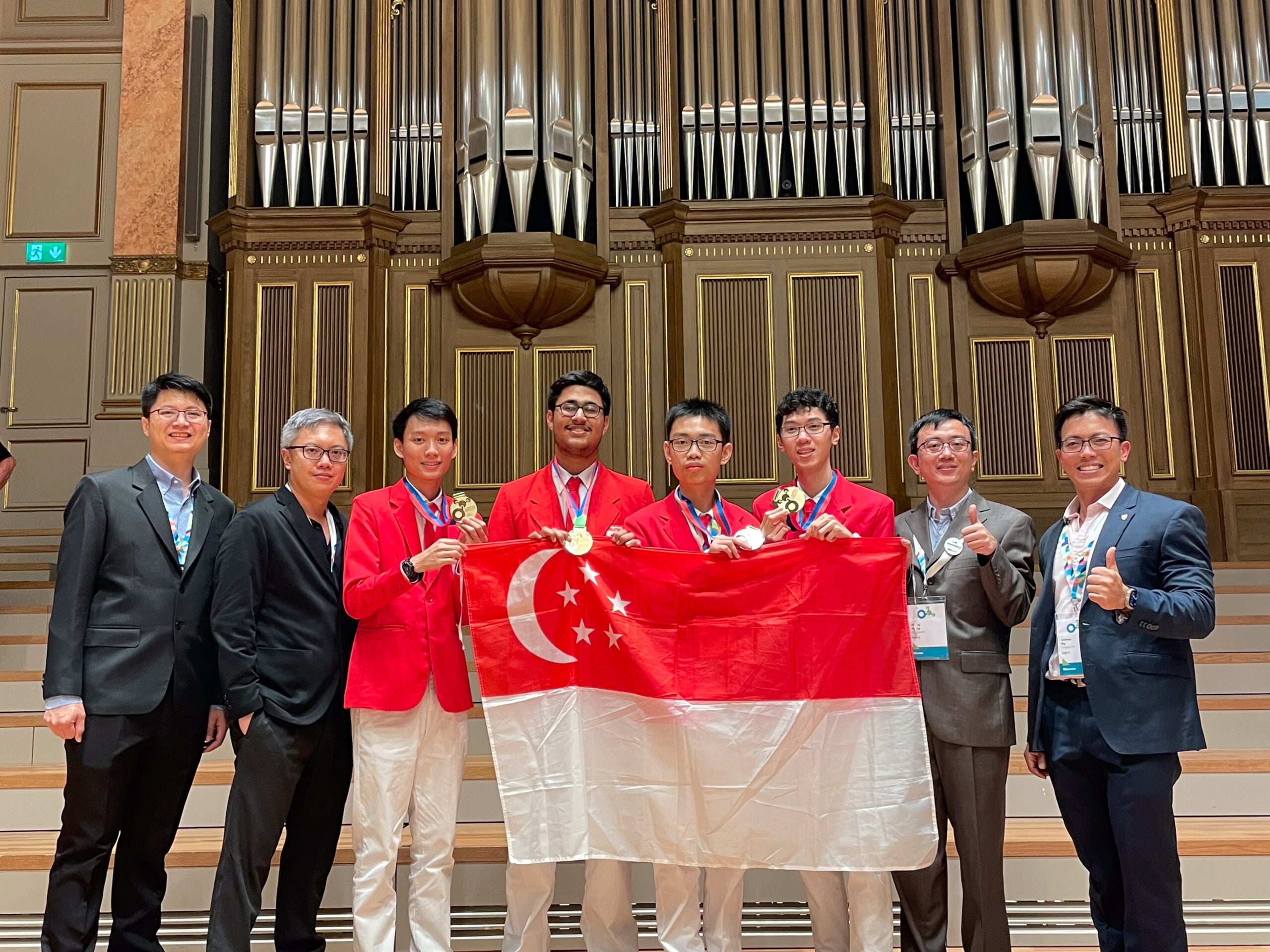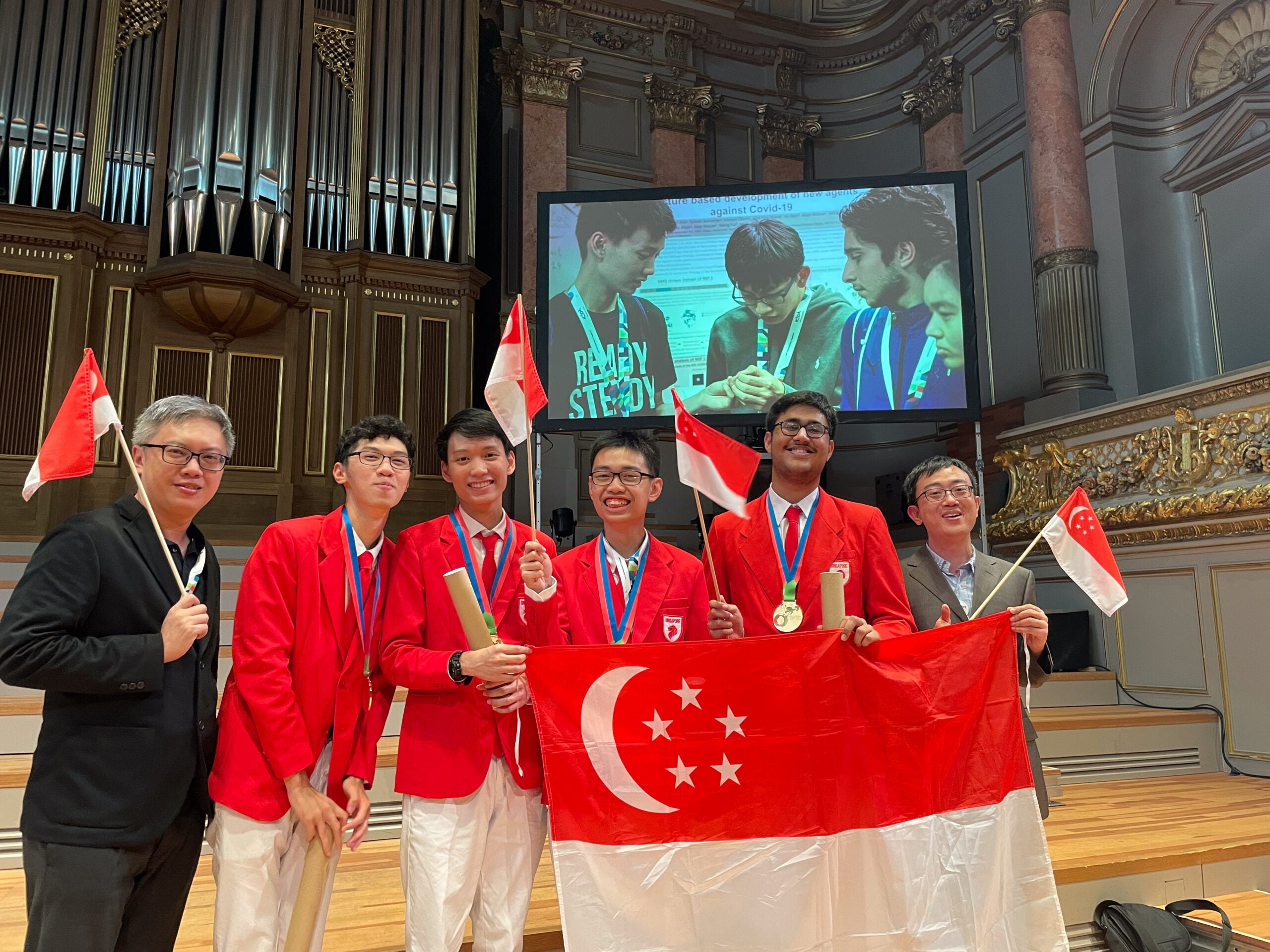
First triply twisted Möbius carbon nanobelt
Atomically precise synthesis of topological molecular carbons such as Möbius carbon nanobelts is a challenge in synthetic organic chemistry because it requires careful control of both twist and strain. Prof WU Jishan and research fellow Dr FAN Wei recently reported the first triply twisted Möbius carbon nanobelt. The Möbius band-like structure was confirmed by X-ray crystallographic analysis. They also succeeded in isolating the chiral isomers and attained impressive chiroptical properties. This study was published in Nature Synthesis (May 2023).
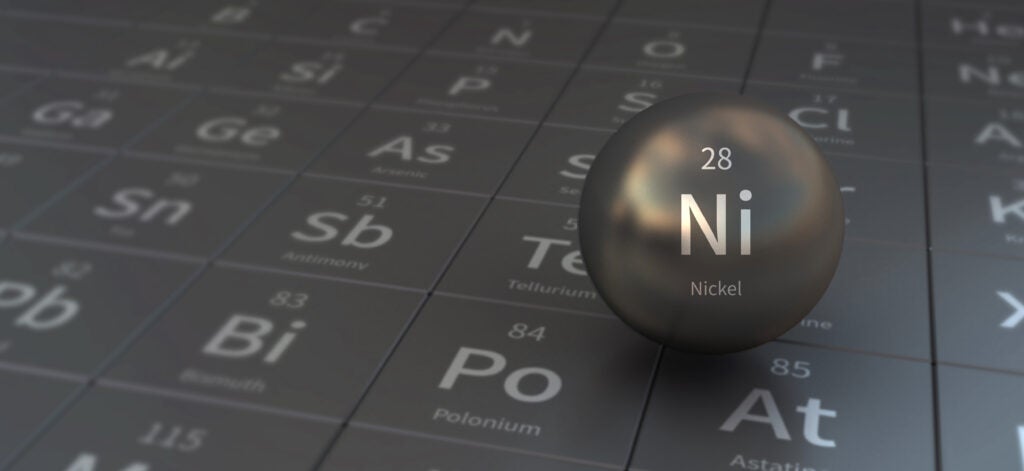
Polarised nickel electrocatalysts for sustainable fuel
The electroreduction of carbon dioxide, driven by renewable electricity, can be used to form chemicals and fuels. So far, only copper-based materials have been used to catalyse the formation of multicarbon products, albeit limited to molecules containing one to three carbon atoms. Assoc Prof Jason YEO and his collaborators report, for the first time, that polarised nickel materials can electrocatalyse the formation of hydrocarbons containing up to six carbon atoms. This study was published in Nature Catalysis (June 2022) and is an important step towards the sustainable production of synthetic fuels using carbon dioxide and water.


